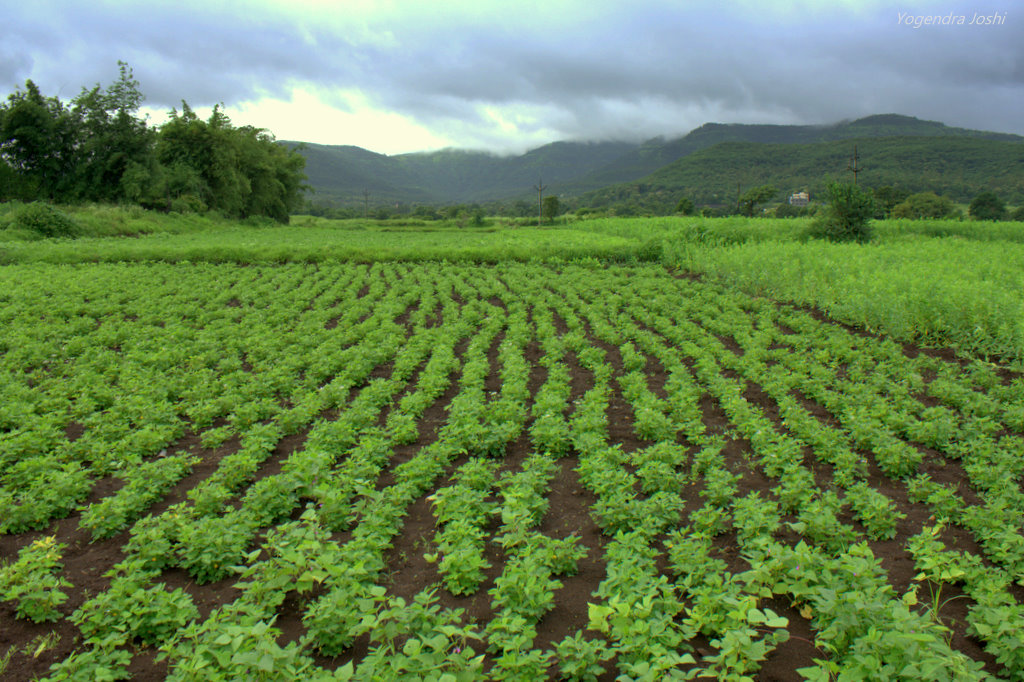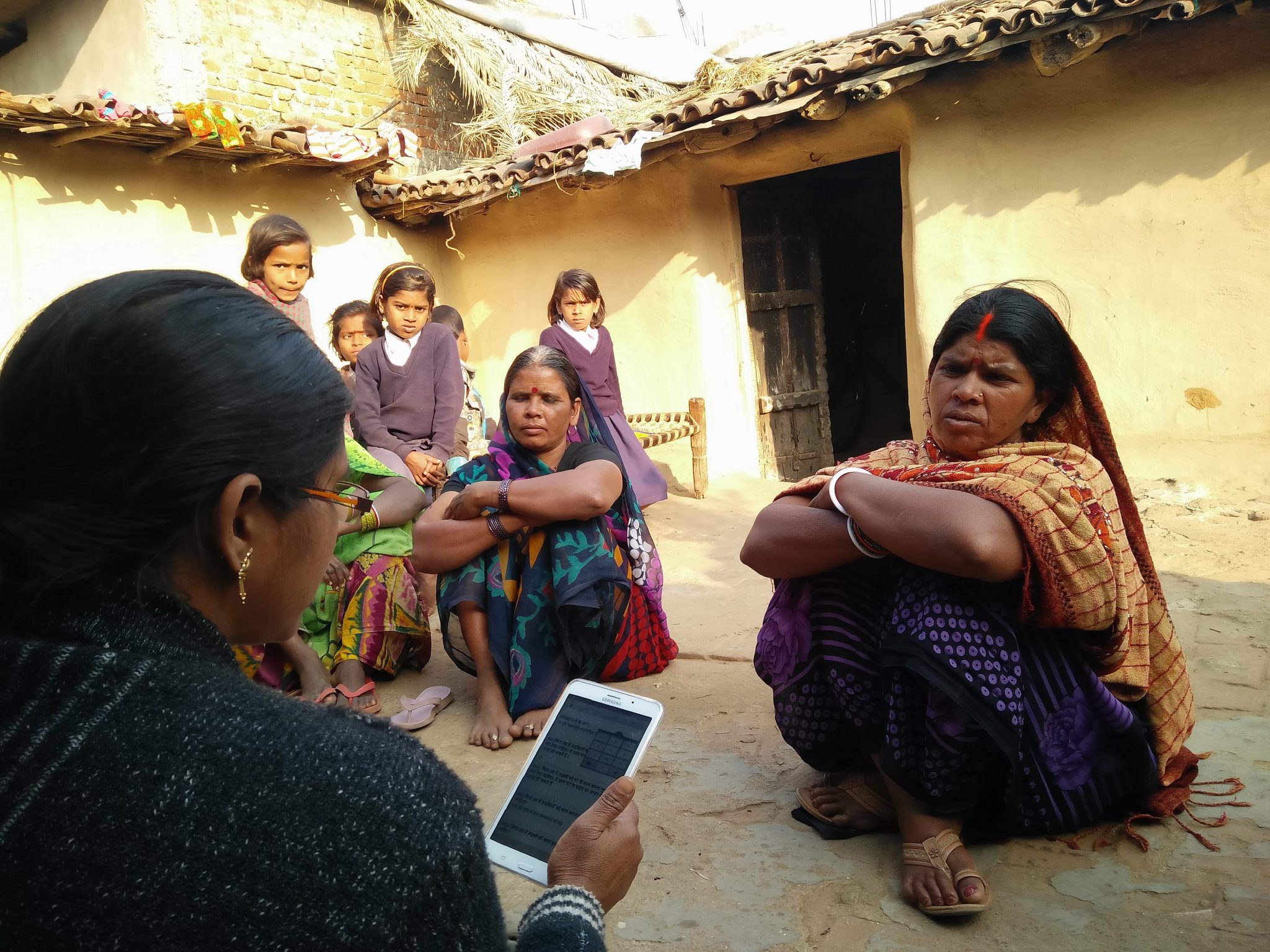Blog Details
“We had a huge garden with mango trees and plum trees. Every morning at the crack of dawn we would go pluck a basket full of fruits to devour post lunch, sitting on our charpai in our backyard whilst enjoying the fresh breeze.”
“We had a kitchen garden where we would grow our very own green leafy vegetables with home made compost. Straight from the garden onto our plate.”
“We had plots of land where we would grow our own grains.”
I have heard such stories from various family members several times. You might have too. Unfortunately, that was then. And this was their story. Here is mine.
I am a city-bred girl living in the Millennium city.
I have never lived in the countryside.
The little patch of green in front of my home has been destroyed, only to be replaced by tiles by the development authorities.
I chose to become a researcher.
--
On a recent field visit to Madhya Pradesh to undertake a socio-economic impact assessment of farmers, I happened to meet several farmers who owned plots of land of varying sizes. They all had stories to share regarding how their farming practices have changed over the years. Rainfall patterns have changed drastically, negatively affecting farmers who are solely dependent on rainfall, due to lack of irrigation facilities in their fields. Crop yields are quite sensitive to changes in temperature and precipitation. Temperature maximums and minimums, as well as seasonal shifts, have large effects on crop growth and production. Food security has either directly or indirectly been affected due to climate change. The direct contribution is through changes in agro-ecological conditions, that is, cropping patterns and crop productivity, while indirect contribution is by causing a hindrance to the growth and incomes of farmers.
Over the last couple of years, there has been a shift from traditional means of farming to chemical farming. Back in the day, organic manure was prepared using cow dung. Unfortunately, this is not a viable option for the majority of smallholder farmers nowadays. Majority of them do not have livestock to prepare to own organic manure. Even if some do, cow dung manure is no longer organic, since the fodder isn't organic!
There has also been an increase in pest attacks, as a result of which there has been an increase in the application of chemical pesticides on crops. These pesticides are not only harmful to the soil and water bodies but also affects the health of those consuming these grains and vegetables. During my visit to one of the villages, a farmer walked us through the farms, pointing towards crops which were chemically cultivated, showing us pests which were actively destroying crops. “Eat some chana. It has lots of pesticides. Take, have some more!” he stated as plucked gram from his field and gave to us to eat. And there I was, munching on chana, fresh from the farm, sprayed with several pesticides to prevent pest attack.
It takes years for the farm to turn organic after chemical pesticides have been applied to it. But if there is a pest attack, what should a farmer do? Should he let his crop get destroyed and go into a loss, making him unable to repay his debt or should he spray pesticides to save his crop which he is to sell in the market to earn his living? Weighing these two options is the farmers call to take. And many times, while trying to revert to organic farming, the farmer, in a quest to save his crop, goes back to applying chemical pesticides, defeating his own attempt at trying to go back to adopting organic farming techniques.
--
Back in the city, I sit on my dining table and stare at the food on my plate. I think of all the pesticides that have been used to produce the ingredients of my meal. Having no choice, I have to consume it.
With an increase in chemical manure, chemical pesticides, and BT seeds, one day the land will become barren. And what is there on my plate may be replaced entirely by food made in laboratories. Soon, even my story will become history and the agrarian landscape will turn void. Who knows what will lie on your plate!








David Angel Makel
IT ConsultantIt is a long established fact that a reader will be distracted by the readable content page looking at its layout point of using normal